Burger King launches non-vegan vegan burger
The new patty is 100% plant-based but is cooked on the same grill as meat products
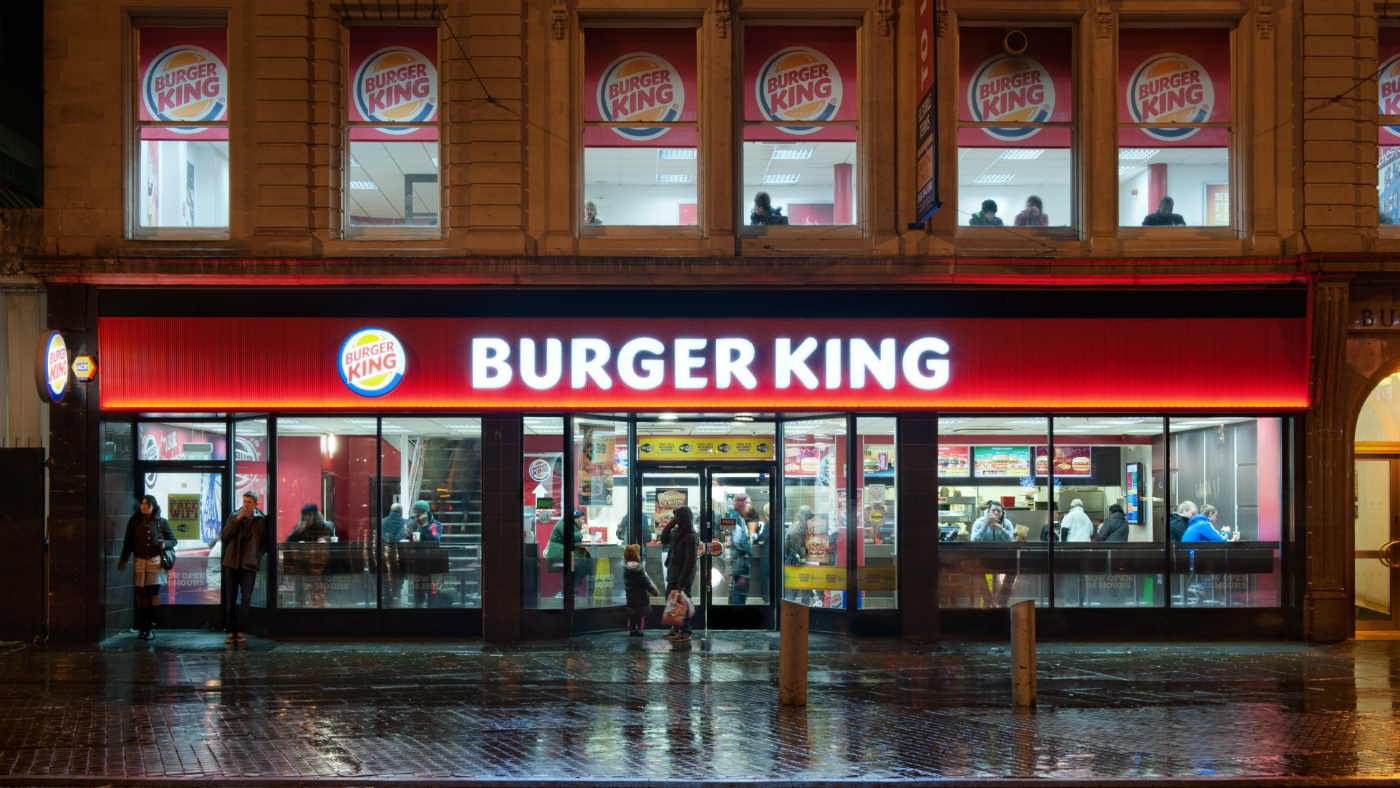
A free daily email with the biggest news stories of the day – and the best features from TheWeek.com
You are now subscribed
Your newsletter sign-up was successful
Fast-food chain Burger King has raised eyebrows by launching a plant-based burger that is not suitable for vegans or vegetarians.
The Rebel Whopper - a soy-based version of the popular Whopper burger - was launched in the UK on Monday, as tens of thousands of people give meat-free diets a try as part of Veganuary. But the new patty is only suitable for non-vegetarians, because it is cooked on the same grill as meat.
Burger King says the Rebel Whopper is instead aimed at consumers who simply want to reduce their consumption of meat and other animal products, with marketing director Katie Evans describing the new offering as a “game changer”.
The Week
Escape your echo chamber. Get the facts behind the news, plus analysis from multiple perspectives.

Sign up for The Week's Free Newsletters
From our morning news briefing to a weekly Good News Newsletter, get the best of The Week delivered directly to your inbox.
From our morning news briefing to a weekly Good News Newsletter, get the best of The Week delivered directly to your inbox.
“We wanted our first plant-based Whopper to replicate the indulgence and flame-grilled taste of the real thing as closely as possible, and we're thrilled with the result,” she said.
But the Vegan Society has called the launch a “missed opportunity”, and has also criticised the use of non-vegan mayonnaise on the burger, the BBC reports.
That view has been echoed by lifestyle blogger Donna Wishart, who has slated Burger King for failing to deliver “actual vegan products” when other fast-food companies are doing so.
However, Toni Vernelli, head of communications for the Veganuary charity, has defended the chain.
A free daily email with the biggest news stories of the day – and the best features from TheWeek.com
“Burger King is not trying to ‘capitalise on the vegan pound’ - it is catering for the growing number of flexitarians and meat-reducers. And this is something we should welcome,” she said.
“The best way to create more vegans is by changing non-vegans. Increasing the availability of plant-based options, particularly those that are similar to meat and likely to appeal to non-vegans, is the best way to do this.”
-
 Political cartoons for February 14
Political cartoons for February 14Cartoons Saturday's political cartoons include a Valentine's grift, Hillary on the hook, and more
-
 Tourangelle-style pork with prunes recipe
Tourangelle-style pork with prunes recipeThe Week Recommends This traditional, rustic dish is a French classic
-
 The Epstein files: glimpses of a deeply disturbing world
The Epstein files: glimpses of a deeply disturbing worldIn the Spotlight Trove of released documents paint a picture of depravity and privilege in which men hold the cards, and women are powerless or peripheral
-
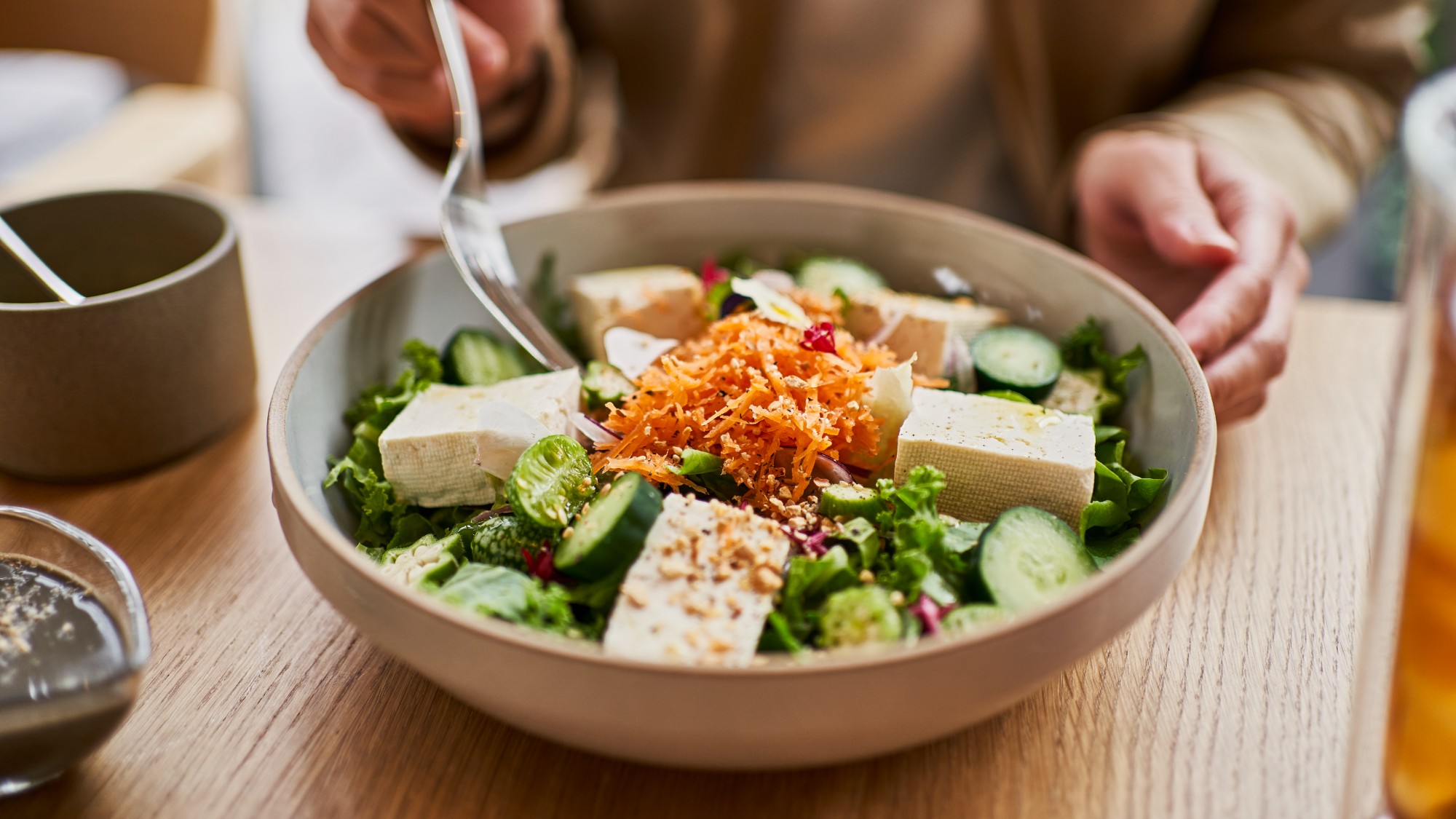 Tips and tricks for Veganuary
Tips and tricks for VeganuaryThe Week Recommends Here are some of our best recommendations for a plant-based start to the year
-
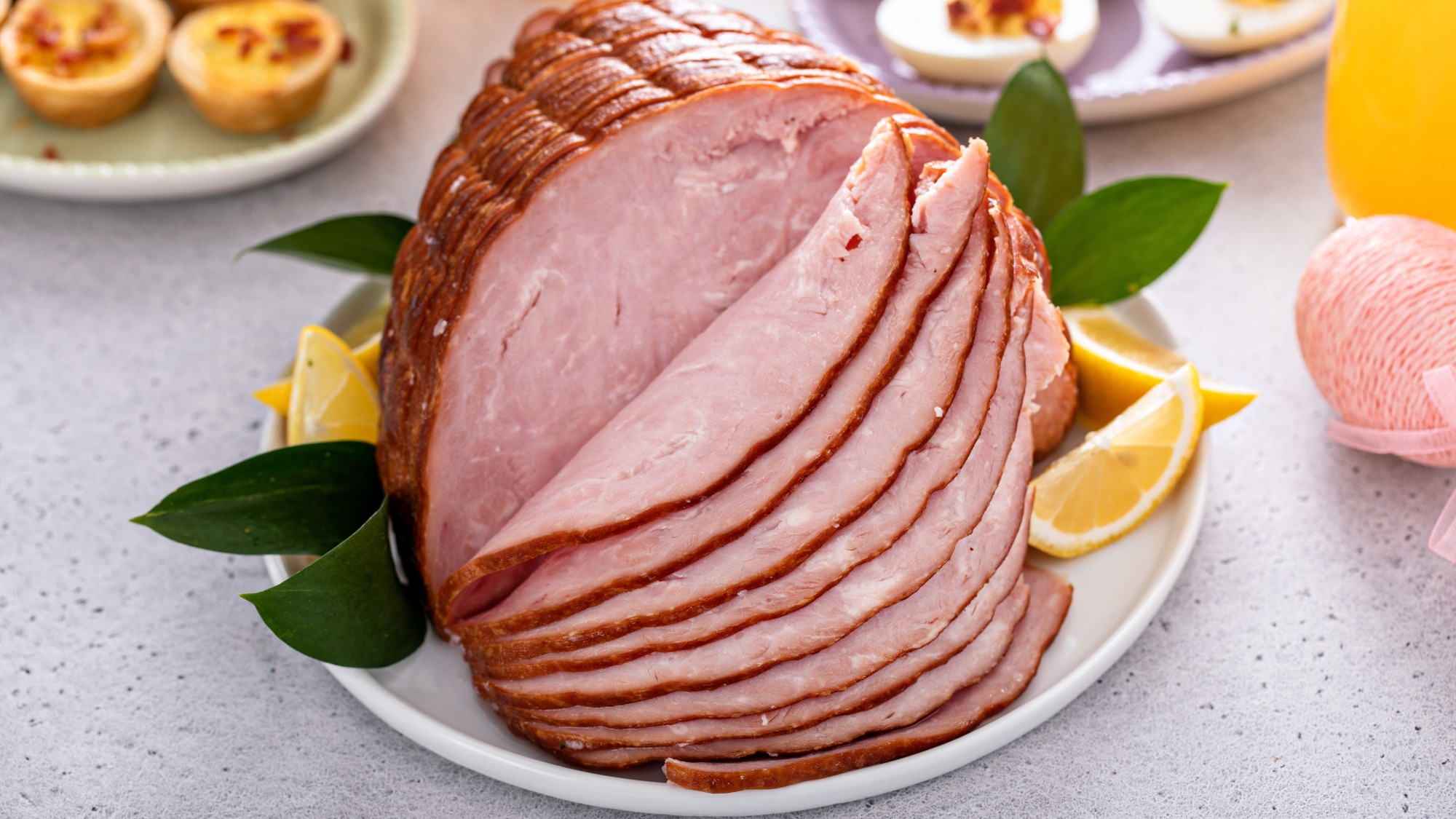 The link between meat and diabetes
The link between meat and diabetesThe Explainer Study links processed meat to the disease, but it has an 'inevitable' limitation
-
 Vegan ice creams to try this summer
Vegan ice creams to try this summerThe Week Recommends Plant-based frozen desserts are growing fast and bursting with flavour
-
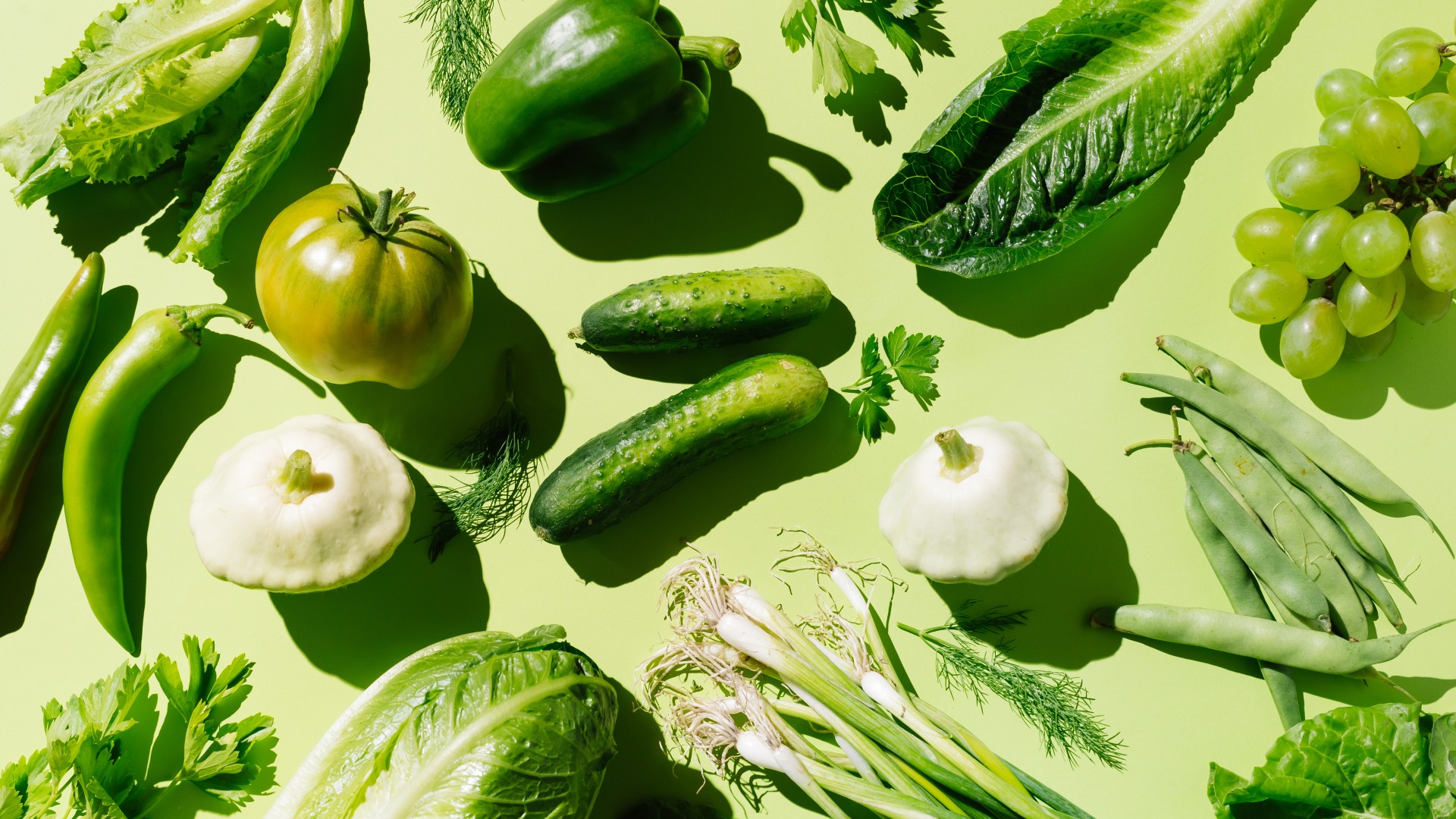 A return to basics: unprocessed vegan food makes a comeback
A return to basics: unprocessed vegan food makes a comebackThe Week recommends More people who eat a plant-based diet are avoiding meat substitutes and choosing to cook from scratch
-
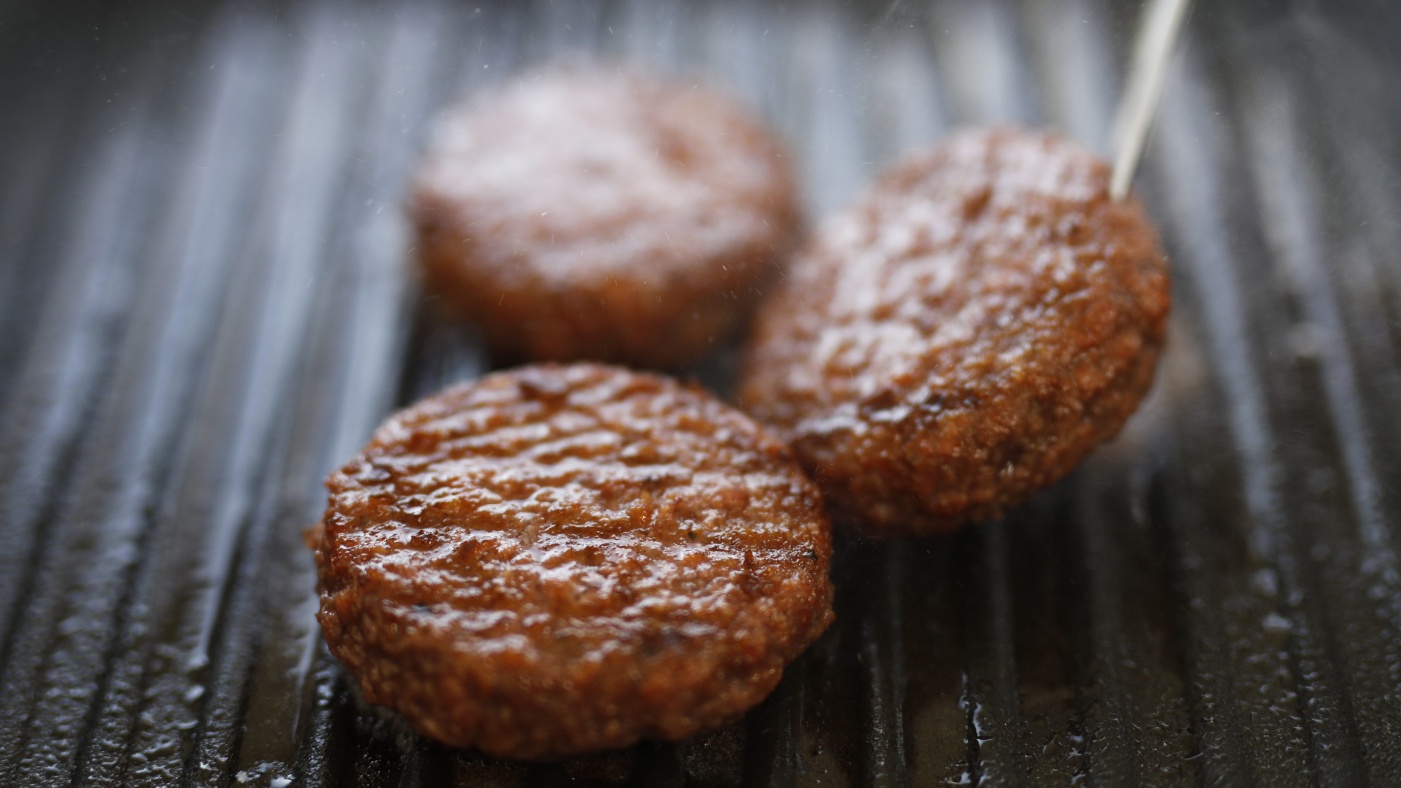 France bans vegan ‘steaks’ and ‘ribs’
France bans vegan ‘steaks’ and ‘ribs’Talking Point French farmers and meat producers have long argued terms like ‘vegan sausage’ confuse customers
-
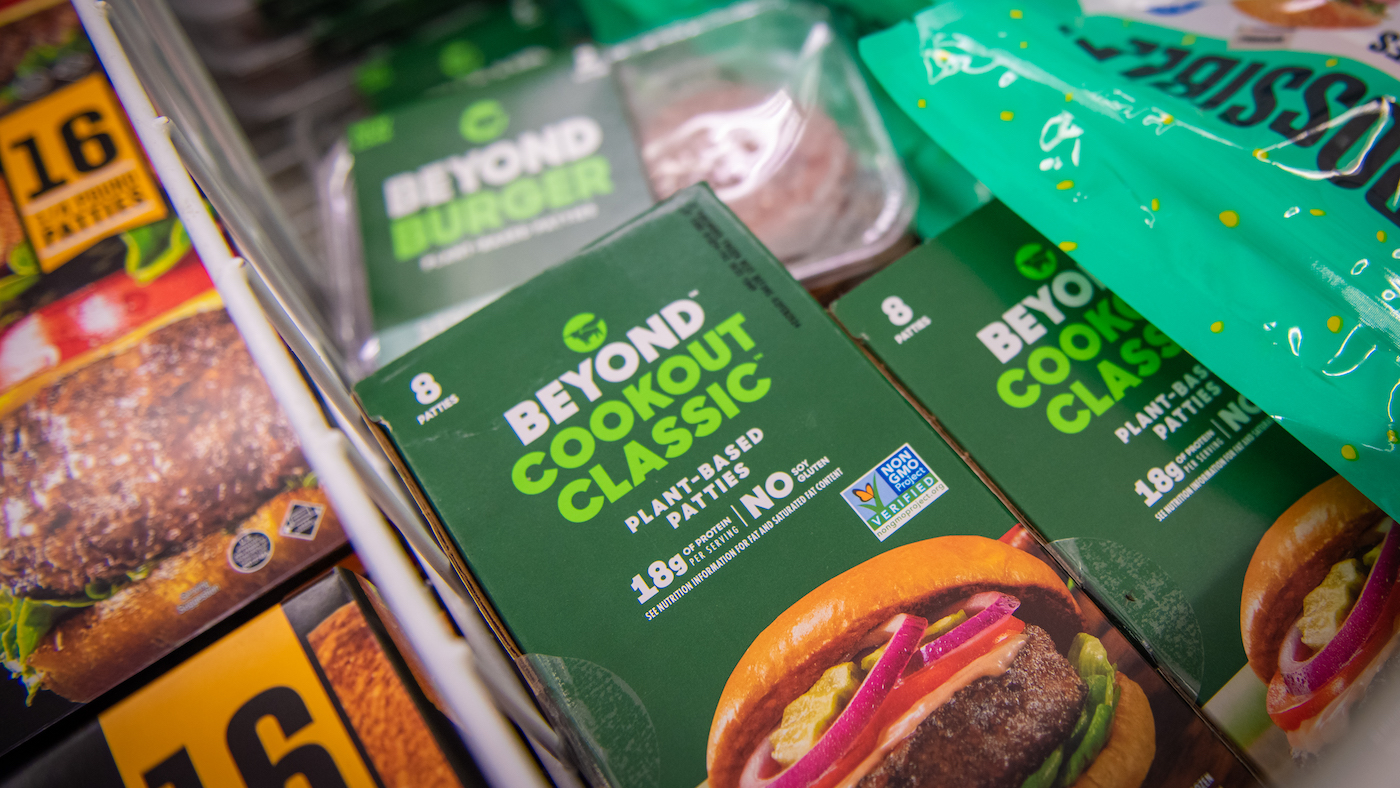 The decline of veganism
The decline of veganismfeature The market for meat and dairy alternatives is shrinking so is the plant-based bubble bursting?
-
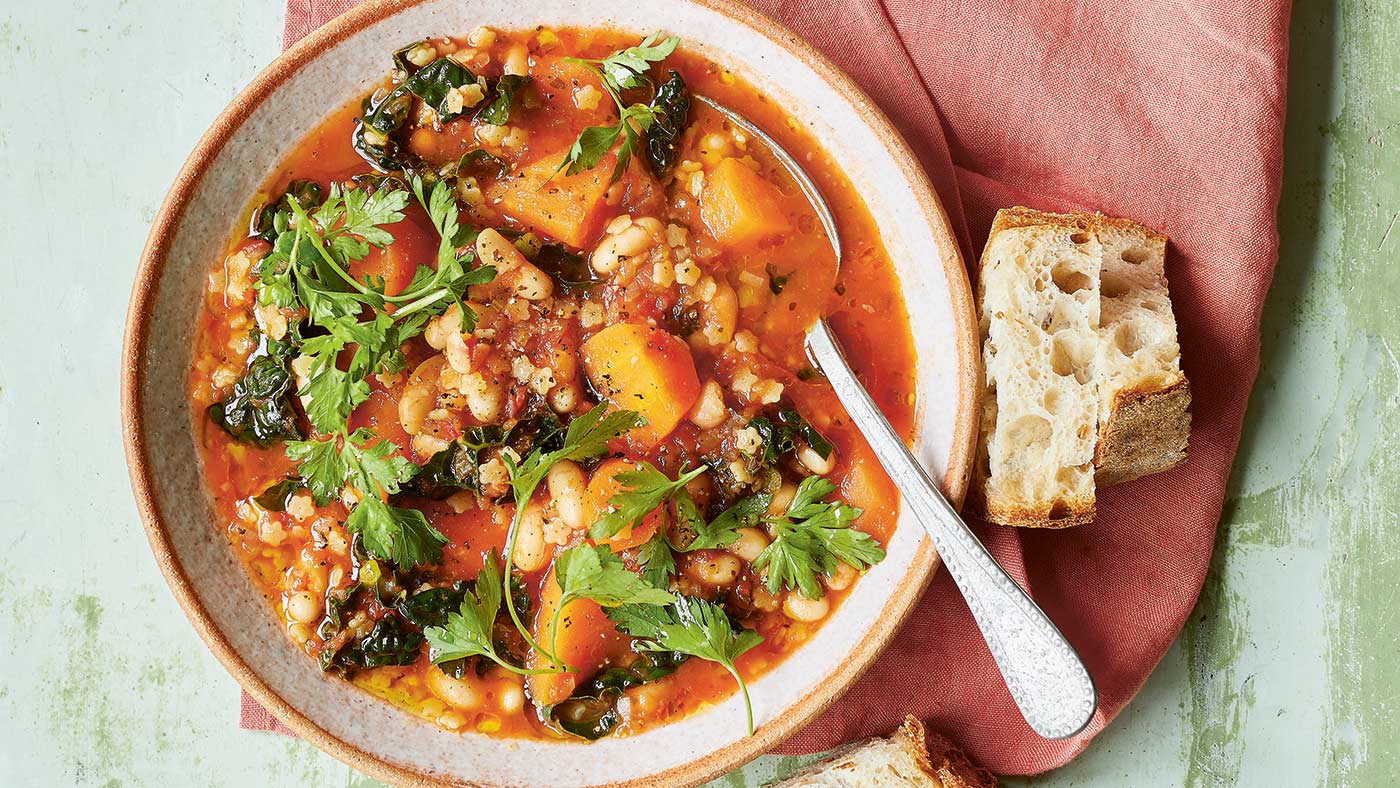 Recipe of the week: tomato, bean and pasta soup
Recipe of the week: tomato, bean and pasta soupThe Week Recommends This hearty, comforting dish can be served with a few croutons or some crusty bread
-
 Sport on TV guide: Christmas 2022 and New Year listings
Sport on TV guide: Christmas 2022 and New Year listingsSpeed Read Enjoy a feast of sporting action with football, darts, rugby union, racing, NFL and NBA